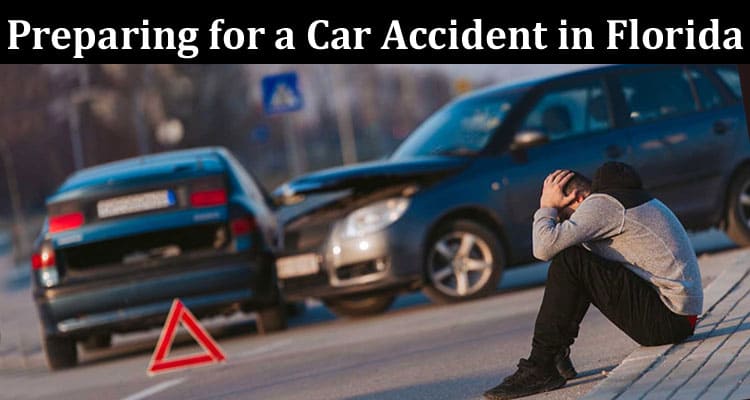Driving on highways comes with the inherent risk of getting into accidents in Miami. In this blog, we will look at everything you need to understand following a car accident in case anything goes wrong in the future. If you need legal help, do not forget to get in touch with a lawyer.
Go through the insurance documents:
One of things you need to prepare in advanca is to carefully go through the insurance policy beforing buying one. It is important to go through the declaration page and coverages that are provided. Make sure you understand the exclusions as well so that you can prepare well in advance.
What to do after accident?
After you get into the accident, stop your car and call the police and the paramedics if there are any injuries. Meanwhile, you should gather information like the driver’s details, the license plate number, along with the names of those who witnessed the accident. Also, take pictures of the damage that has been done. Lastly, inform your insurance company along with the DMV within 10 days of the accident to avoid suspension of your license.
Dealing with the insurance company:
Following the filing of a claim, your insurance company may contact you for detailed loss details, which may necessitate statements or an oath examination. They may also communicate with the other parties involved. Document injuries and expenses for medical claims. If no contact is made, a claim representative shall react within a reasonable amount of time (up to 15 days in some cases). If not, contact your agent or insurer, and if required, the Department of Insurance, about any unresolved delays.
What will the insurance company do?
A competent adjuster or assessor from the insurance company examines the car damage and delivers a first estimate. If more damage is discovered during repairs, the shop will seek insurer clearance for additional charges, which may result in a re-inspection. Minor damages may require you to provide competitive repair estimates. Under a conventional auto policy, payment for physical damage claims is based on repairing the vehicle or its actual cash value (ACV), with coverage specifications, exclusions, and limits detailed in your policy. Enhanced aftermarket equipment usually necessitates more coverage.
Final thoughts:
Have more questions about how to properly deal and negotiate with the insurance company? Get in touch with a lawyer over a free consultation to discuss your case.


